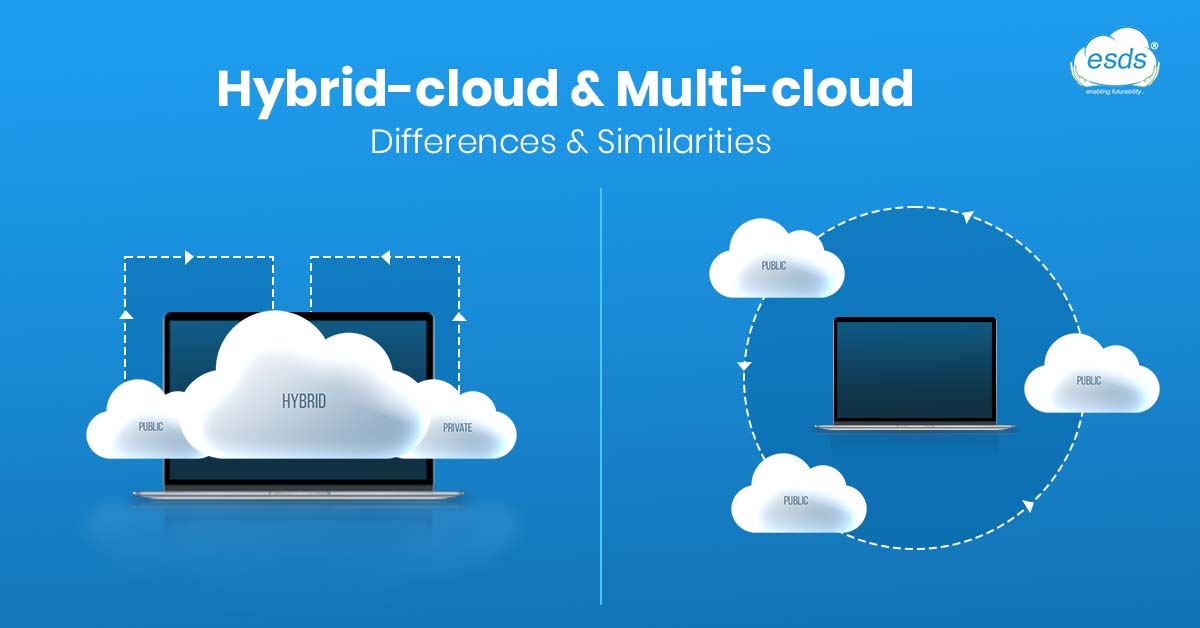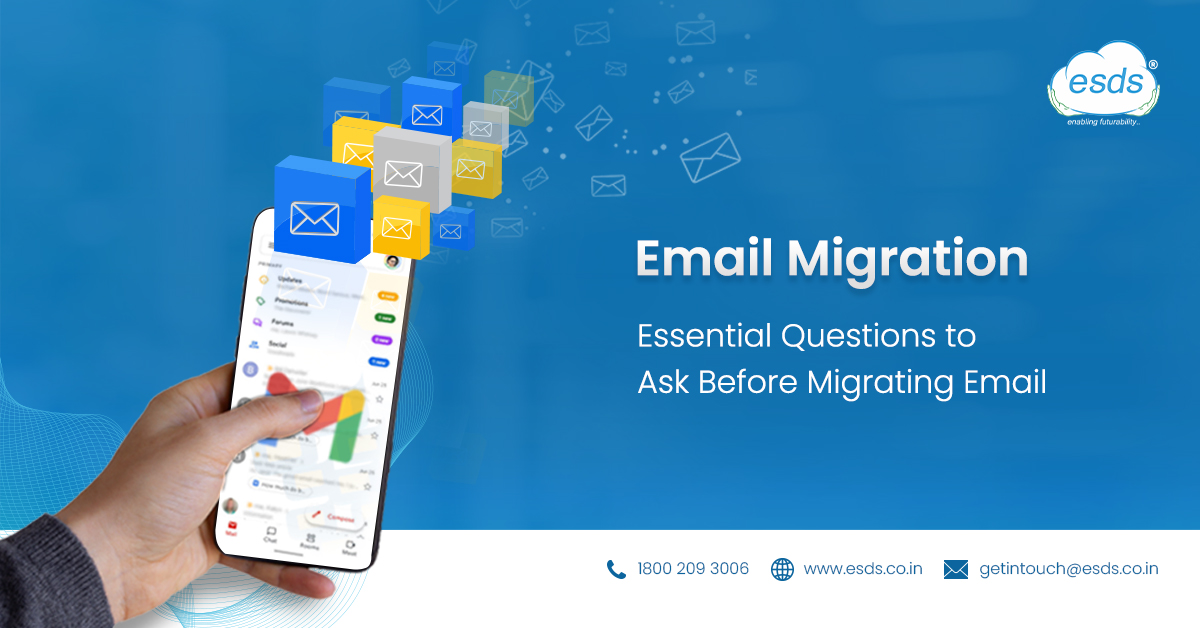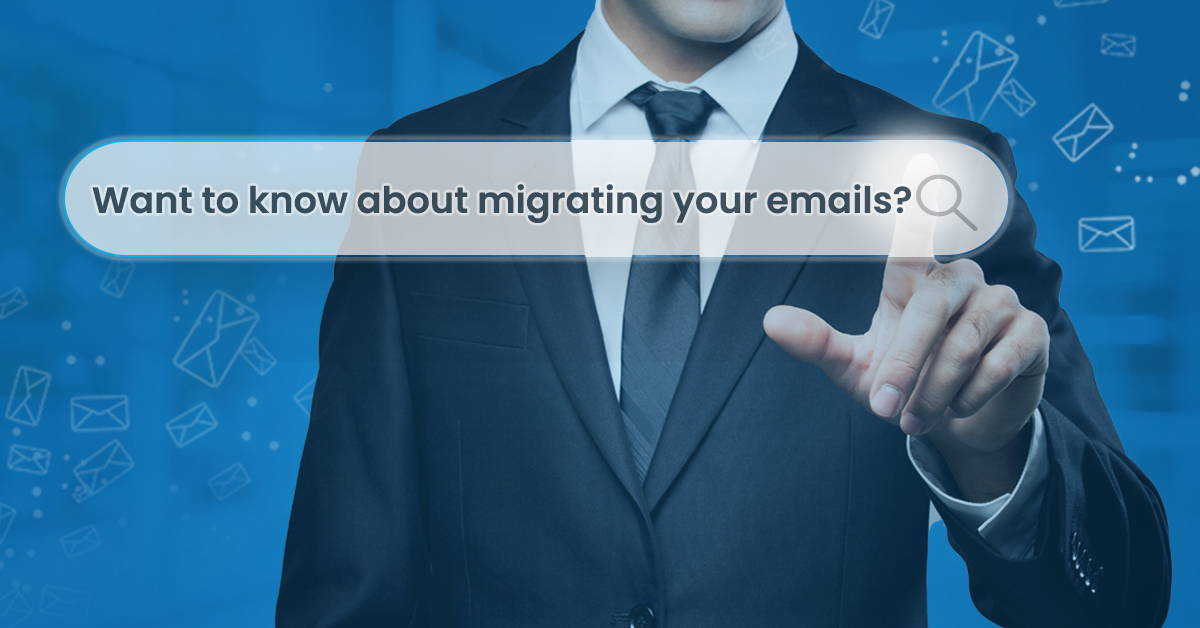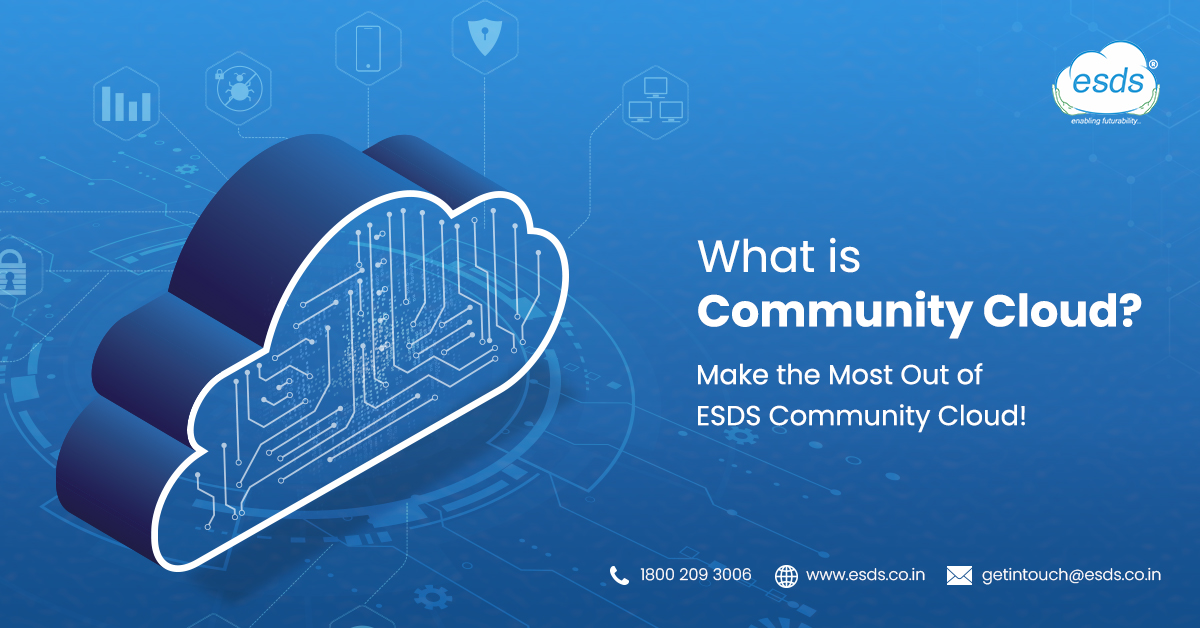
Cloud computing has grown dramatically in the coming few years, especially since the outbreak of the covid-19 pandemic. Many businesses shifted to the cloud as automation and being online was the only way to sustain the industry.
Cloud computing has boomed in various sectors like enterprise, government, healthcare, BFSI, etc.
With the variety of deployment models offered by the cloud, community cloud computing is preferred by many industries for the many benefits it delivers. The community cloud has transformed into a constantly evolving landscape for cloud deployment.
Let us dive into community cloud details!
What Is Community Cloud
A community cloud is a type of private cloud, which offers dedicated infrastructure for organizations from a specific community with common concerns like security, compliance, jurisdiction, etc. It is an ideal solution in terms of cost-effectiveness, privacy, and security.
A community cloud combines the features and benefits of different cloud types into a single solution customized to a specific industry (Banks, insurance, government, enterprise, etc.). It is also appropriate for organizations working on a similar project, research topic, or application and requires identical resources.
A community cloud is not open to the public; it is only accessible to a selected group of people. It is adaptable as it can be designed and managed by one or all members of an organization and a third-party provider.
Types of Community Cloud
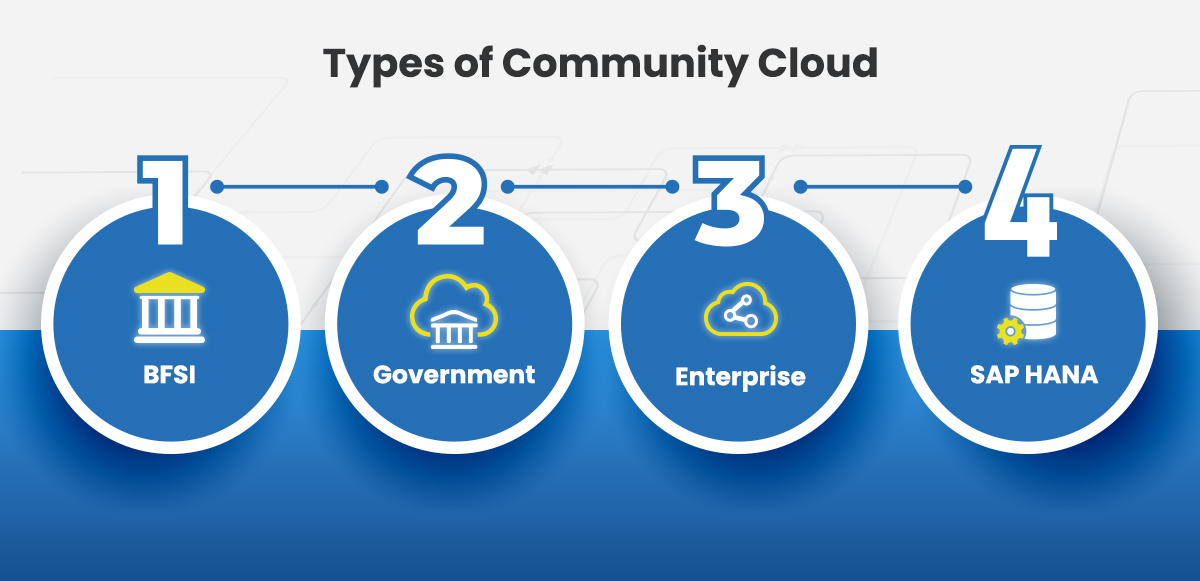
BFSI community cloud operates specifically for banking, insurance, and financial industries by streamlining the entire workflow of the organization.

